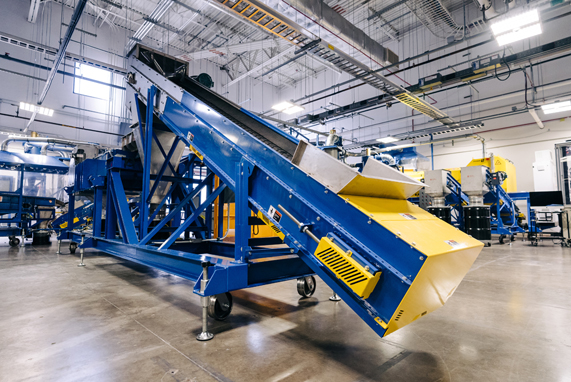Apple on Thursday announced a major expansion of its recycling programs, with the addition of new U.S. locations where customers can send their iPhone to be disassembled by Daisy, the company’s recycling robot.
iPhones can be returned to any U.S. Best Buy location, KPN retailers in the Netherlands, as well as any Apple Store or through apple.com as part of the Apple Trade In program.
Daisy is now able to disassemble 15 different iPhone models at the rate of 200 per hour, recovering even more important materials for re-use. Once materials have been recovered from Daisy, they are recycled back into the manufacturing process. For cobalt, which is a key battery material, Apple sends iPhone batteries recovered by Daisy upstream in its supply chain. They are then combined with scrap from select manufacturing sites and, for the first time, cobalt recovered through this process is now being used to make brand-new Apple batteries — a true closed loop for this precious material.
“Advanced recycling must become an important part of the electronics supply chain, and Apple is pioneering a new path to help push our industry forward,” said Lisa Jackson, Apple’s vice president of Environment, Policy and Social Initiatives. “We work hard to design products that our customers can rely on for a long time. When it comes time to recycle them, we hope that the convenience and benefit of our programs will encourage everyone to bring in their old devices.”
Apple says it has received nearly 1 million devices, and each Daisy can disassemble 1.2 million devices per year. In 2018, the company refurbished more than 7.8 million Apple devices and helped divert more than 48,000 metric tons of electronic waste from landfills.
Apple today also announced the opening of a new 9,000-square-foot Material Recovery Lab in Austin, Texas, dedicated to discovering future recycling processes. The new facility will look for innovative solutions involving robotics and machine learning to improve on traditional methods like targeted disassembly, sorting and shredding.
Apple also released its 2019 Environment report, which contains additional information on the company’s climate change solutions. The report can be viewed at apple.com/environment.


